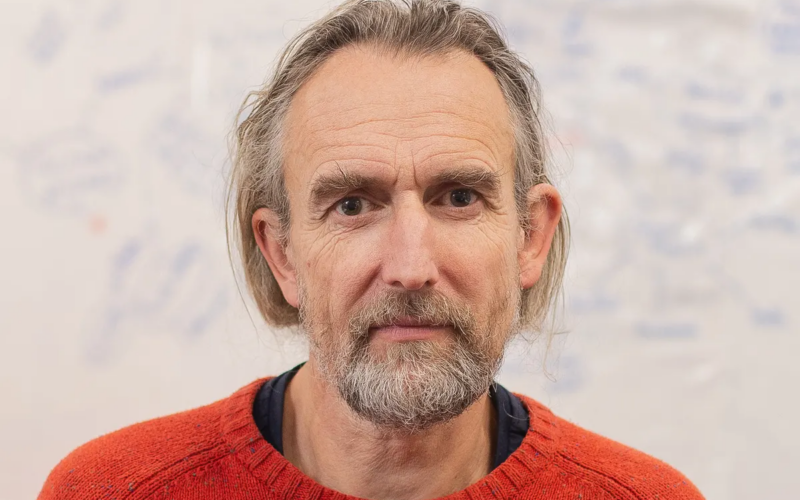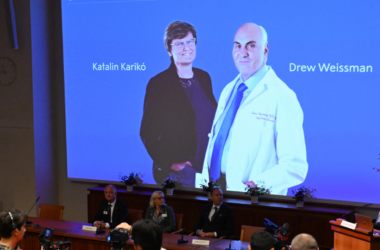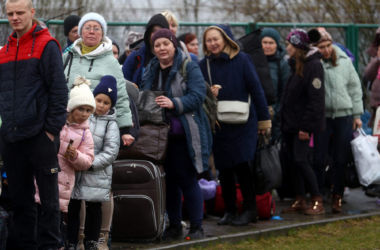The trial of five climate activists accused of conspiring to block traffic on the M25 turned chaotic on Thursday as defendants defied courtroom protocol to make statements on the climate crisis, leading to repeated disruptions.
Roger Hallam and Daniel Shaw, two of the defendants, interrupted proceedings by speaking out of turn and challenging the court’s authority. This led to multiple instances where the presiding judge, Christopher Hehir, had to instruct the jury to leave the courtroom.
Hallam, who had been prohibited from giving further evidence on Wednesday, stood up as the trial began on Thursday to address the jury directly, asserting that he had been removed from the courtroom for refusing to break his oath to “speak the whole truth.”
Later in the session, while co-defendant Louise Lancaster was in the witness box, Shaw also stood up and challenged the judge, questioning why those responsible for climate change were not on trial instead.
“Climate change represents an existential threat to humanity. The court agrees with that. Why are you not trying the people causing this crisis?” Shaw asked.
Judge Hehir ordered the jury to leave the courtroom during each disruption. Lancaster, following the example of Hallam and Shaw, refused to undergo cross-examination by the prosecution, leading Judge Hehir to discontinue her evidence as well.
“Members of the jury, in your absence I had a discussion in open court with Miss Lancaster. In frank and straightforward terms she has told me she is not prepared to submit to cross-examination. In those circumstances her evidence is at an end,” Hehir informed the jury.
By the time another co-defendant, Cressida Gethin, was called to testify, she and Lucia Whittaker De Abreu were the only defendants remaining in the courtroom. De Abreu had earlier declined to give evidence in her own defense.
During her testimony, Gethin identified herself as a supporter of Just Stop Oil, a group advocating for climate action, and acknowledged participation in their protests. She explained that any disruption on the M25 in November 2022 would have involved planning to ensure safety.
“Clearly there would have been some planning – you have to make it safe. It would have been quite ridiculous just to randomly go out and do something like that. I suppose it’s up to the jury to decide if it constitutes an agreement,” Gethin said.
She also addressed the jury regarding their rights, referencing a plaque in the Old Bailey that asserts jurors’ absolute right to acquit based on their convictions, a principle she noted had been recently upheld by the high court.
The trial, marked by the defendants’ protests and their assertions about the climate crisis, continues. The legal proceedings have highlighted tensions between courtroom protocols and the defendants’ urgency to communicate their views on climate change.








